National Poetry Month
Celebrating the joy for thirty-days
Of reading and writing poetry
The expressiveness. The pure delight
Days set aside for you and me
© Forrest W. Heaton March 2024
What is this post about? Your reading and writing . . . yes, writing . . . of poetry!
For 30 days, we celebrate poetry (more if you like!) In the U.S., we set aside each April (the whole month,) to celebrate poetry! Although you have the opportunity all year, this is a great time to read other’s poetry and write a few poems yourself.
Gift. We realize some of you already write poetry; however, most will read this but hang on to their habit of not writing poetry. That’s OK. We all have much to do and one more thing might get in the way. But we encourage you to think about it. Perhaps even give it a try. I’m not sure who wrote this but, although not me, I wish it were: “Is it a talent to write poetry? Poetry is not only a talent, it is very much an Art form. Think of the Poet who's writing in one of the more unconventional forms as an Impressionist Painter.” This piece is inviting you to add “impressionist writing” to your talents.
Research/Heart. When you follow the rule: “Write about things you know well,” it is easier. When you write about topics you know less well, you will spend more time in research, but keeping the research fun will help your poem writing be more fun. And, write from your heart, not your head. Choose your words carefully. Know your goal—how you wish your readers to feel when they finish reading the poem.
How do you decide what you want your poem to be about? It was easy for the above poem: we wanted to tell the reader about April being National Poetry Month each year in the U.S. and we wanted to lead with a simple poem. The more poetry you write, the more you will “feel a poem coming on.” The better you understand the reason for the poem, the easier it will be to write it. If it is a major consideration in your mind at that moment . . . it may be a topic for a poem.
Are there some fundamentals to learn that would make poetry-writing easier? Yes. My book, The Sixty-Minute Poet, Kindle edition, available from Amazon for U.S. $9.95, spells out the fundamentals clearly. Practice makes the fundamentals even easier. Promise: In sixty-minutes, one-short-hour, you’ll be writing poetry!
Is there another book that would help? Yes, it’s the Scholastic Rhyming Dictionary ($21 new, $4 used.) It’s not necessary to rhyme when writing a poem, but this book makes it easy when you want to.
Will reading the poetry of others help? Yes. And you’ll find it much more rewarding than watching the news.
What if I write a bad poem? In our minds, there are few to none “bad poems.” And, it doesn’t matter. Just throw it away. And, when you feel like it, try again.
Is it OK to revise? It is always OK to revise.
How might I benefit? In our minds, one almost always benefits from either trying to write a poem, or writing a poem. There is something cathartic about it. Making something out of nothing is almost always a cathartic experience. Poetry writing strengthens your writing skills. It also strengthens your language skills. Poetry writing can be therapeutic. Poetry writing improves emotional and intellectual growth. Topic is key. Word selection is key. Writing it out gets it out of your head. Then you can decide on whether or not you wish to share it with someone else.
Yes, motivation we try to employ
For your poetry writing to enjoy
Perhaps you might find
A poem writing in your mind
That others might find pure joy!

